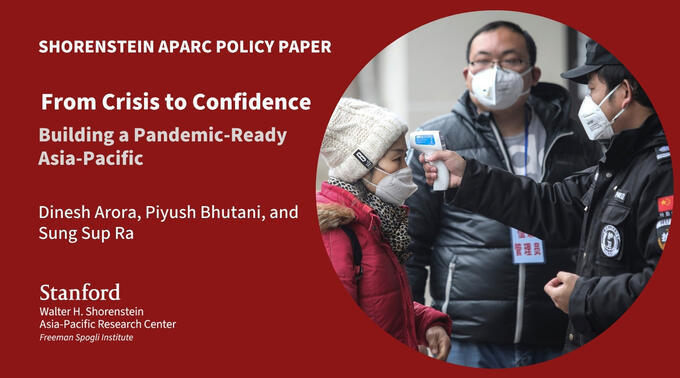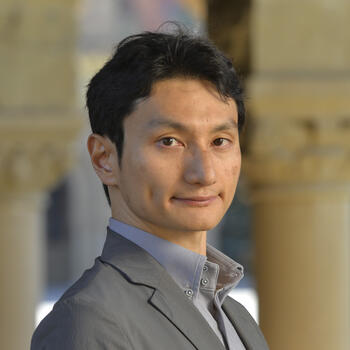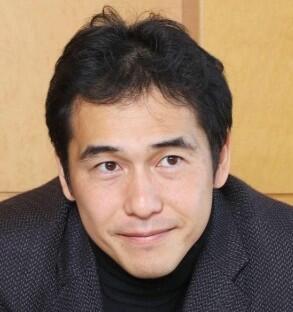From Crisis to Confidence

The COVID-19 crisis was a profound stress test for health, economic, and governance systems worldwide, and its lessons remain urgent. The pandemic revealed that unpreparedness carries cascading consequences, including the collapse of health services, the reversal of development gains, and the destabilization of economies. The magnitude of global losses, measured in trillions of dollars and millions of lives, demonstrated that preparedness is not a discretionary expense but a foundation of macroeconomic stability. Countries that invested early in surveillance, resilient systems, and inclusive access managed to contain shocks and recover faster, proving that health security and economic security are inseparable.
For the Asia-Pacific, the path forward lies in transforming vulnerability into long-term resilience. Building pandemic readiness requires embedding preparedness within fiscal and development planning, not as an emergency measure but as a permanent policy function. The region’s diverse economies can draw on collective strengths in manufacturing capacity, technological innovation, and strong regional cooperation to institutionalize the four pillars— globally networked surveillance and research, a resilient national system, an equitable supply of medical countermeasures and tools, and global governance and financing—thereby maximizing pandemic prevention, preparedness, and response. Achieving this will depend on sustained political will and predictable financing, supported by the catalytic role of multilateral development banks and international financial institutions that can align public investment with global standards and private capital.
The coming decade presents a narrow but decisive window to consolidate these gains. Climate change, urbanization, and ecological disruption are intensifying the probability of new zoonotic spillovers. Meeting this challenge demands a shift from episodic response to continuous readiness, from isolated health interventions to integrated systems that link health, the environment, and the economy. Strengthening regional solidarity, transparency, and mutual accountability will be vital in ensuring that no country is left exposed when the next threat emerges.
A pandemic-ready Asia-Pacific is not an aspiration but an imperative. The lessons of COVID-19 call for institutionalized preparedness that transcends political cycles and emergency budgets. By treating health resilience as a global public good, the region can turn its experience of crisis into a model of sustained, inclusive security for the world.
Building a Pandemic-Ready Asia-Pacific


















